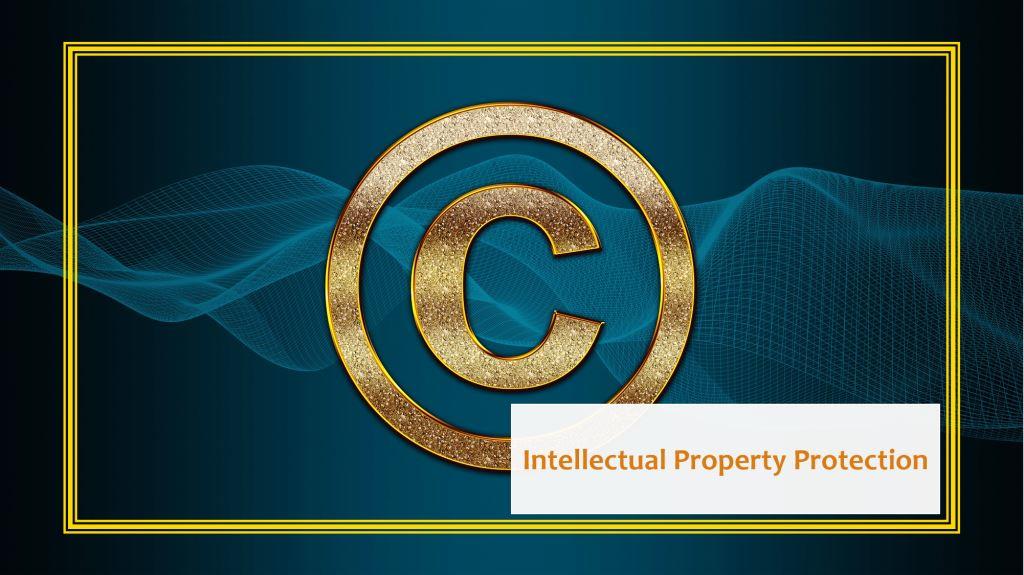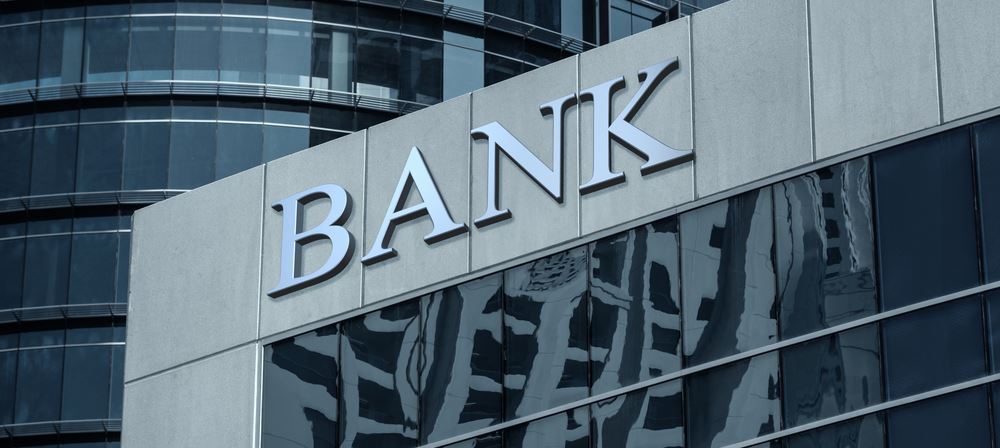Intellectual Property Protection

One of the principal responsibilities of cybersecurity professionals is protecting the intellectual property belonging to their organizations from unofficial use or disclosure. This disclosure can potentially be damaging especially if it is acquired by the competitor
There are very many ways cybersecurity professionals protect this intellect property. Usually its by access control, encryption, hashing, among others. However, the law can also be used to help you to protect your intellectual property.
In Uganda, there are a series of legal apparatuses available to protect intellectual property. These include copyrights, trademarks, patents, and trade secrets. Each type of intellectual property protection covers different types of information in different ways.
Copyrights
Copyrights protect creative works against theft. Information protected by copyright includes books, web content, magazines, and other written works as well as art, music, and even computer software.
In Uganda, copyrights are covered by the Copyrights act. The Uganda Registration Services Bureau (URSB) website states that, ‘Copyright law grants authors, artists and other creators protection for their literary and artistic creations, generally referred to as “works”. The kind of works protected by copyright include, but not limited to; literary and artistic works such as; novels, poems, plays, newspapers, adverts, films, musical compositions, choreography, paintings, drawings, photographs, sculptures and architecture, maps, technical drawings and Computer software, programs, and databases’.
The length of copyright protection varies broadly according to the country of registration, the type of work, and whether the author is an individual or a corporation. In all cases, it is a usually very long time. In Uganda, copyright protection lasts for a period of 50 years for Natural persons, corporations or companies, anonymous work and computer programs.
Once copyright expires, work moves into the public domain and may be used freely by anyone without requiring licensing or permission.
Copyrights are symbolized using © symbol shown here.
Trademarks
Quoting from URSB,
A trademark is a distinctive sign that identifies certain goods or services produced or provided by an individual or a company from those of other enterprises. A Trademark may consist of any word, symbol, design, slogan, logo, sound, smell, color, label, name, signature, letter, numeral or any combination of them and should be capable of being represented graphically. The Trademark must be distinctive, non-descriptive and not likely to cause confusion. The Trademark owner has the exclusive rights to prevent others from using the same or confusingly similar mark.
In Uganda, trademarks are covered by the Trademarks regulations (2012), The Trademarks act (2010) and the Trade Secrets Protection Act (2009). A trademark gives the owner an exclusive right to use the registered mark on the goods and/or services for which it is registered, the owner can sue for infringement of his registration if someone else uses the same or a similar mark and Registration gives one’s business the ability to distinguish itself from other providers in the market and prohibits others from capitalizing on an enterprise’s marketing efforts and goodwill.
In Uganda, trademarks are valid for seven years from the filing date of the application and may be renewed indefinitely for successive ten-year periods upon payment of the prescribed renewal fee. The trademark fees vary from in various subcategories from Ugx. 25,000 for Search report fees, Ugx. 50,000 for Application fees and Ugx. 100,000 for Registration fees.
It is important to note that trademarks are only valid if they are actively being used. If an organization stops using a trademark in commerce, they are said to have abandoned the trademark. Trademarks are denoted using the superscript ™ symbol.
Once they are granted registration status by the government, trademarks may be denoted using the ® symbol for registered trademarks.
Patents
Patents protect inventions, providing the inventor with exclusive use of their invention for a period. A patent is an exclusive right granted by the government for an invention. Therefore, the purpose of patents is to stimulate invention by ensuring inventors that others will not simply copy their ideas in the market place.
In order to be granted a patent, an inventor must demonstrate that his or her idea meets three criteria. First, the invention must be novel, meaning that it is a new idea that nobody has thought of in the past. Second, the invention must be industrially applicable, meaning that it provides some benefit to someone and that it is possible to use the invention. And finally, the invention must be Inventive, meaning that there is some creative work involved.
Once granted, a patent generally lasts for 20 years beyond the patent filing date. But this may be extended if one pays annual maintenance fees. As a patent holder, you can decide who may or may not exploit the protected invention and permit/license the use of the invention on mutually agreed terms or sell the invention outright
One of the major downsides to patents is that they require public disclosure of the invention in the patent application. The inventor must clearly describe to the world what his or her invention is and how it works. When the patent expires, anyone is free to use the invention. In cases where an investor does not want to make an invention public, the organization may choose to pursue trade secret protection. With a trade secret, the owner simply doesn’t tell anyone about the invention and keeps the details secret. If the organization can protect the secret, it enjoys the exclusive use of the invention. The disadvantage of this tactic is that if someone else does discover how an invention works, they are free to use it without any legal consequences.
The fees for a patent model in Uganda are Application fees of Ugx 100,000 an Examination fee of Ugx. 150,000 and a Grant/Certificate of Ugx. 90,000.






Responses